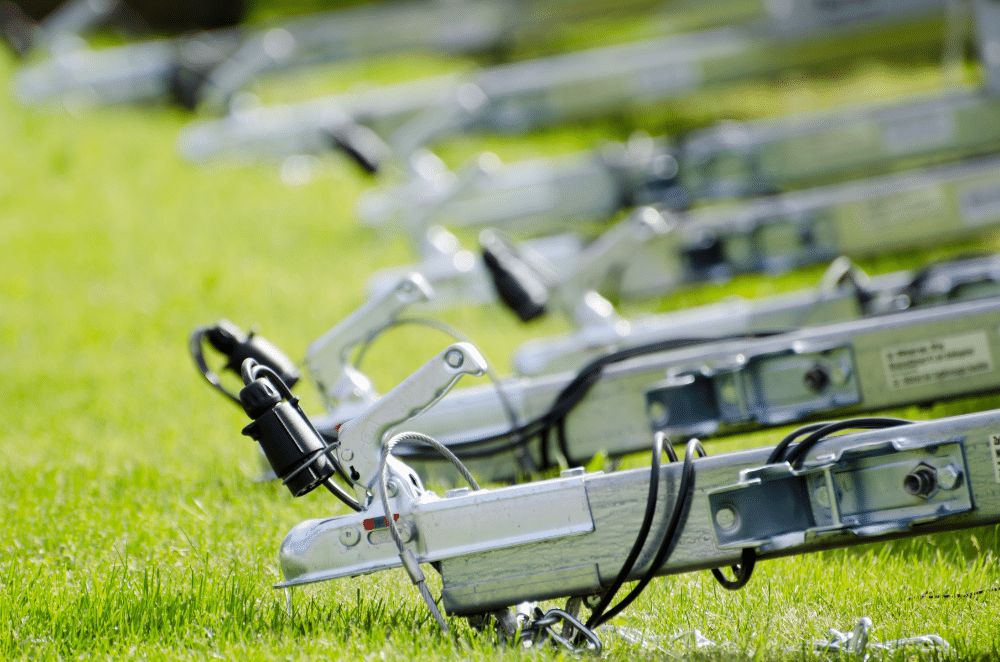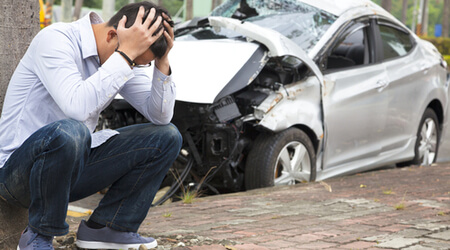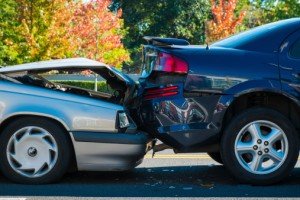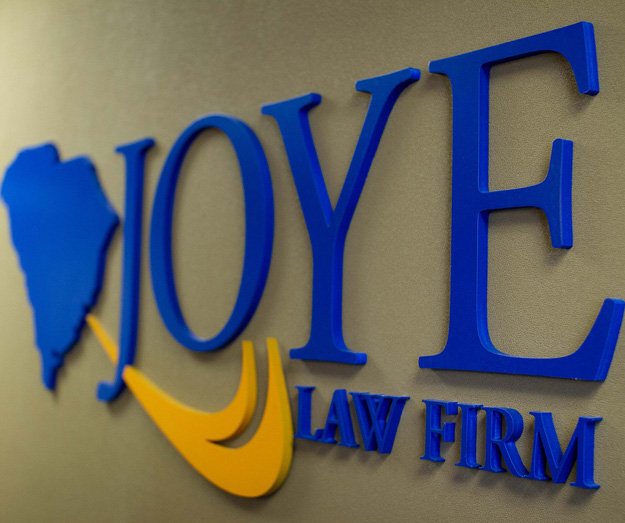
Attaching a trailer to the back of your vehicle lets you transport a range of cargo, from flatbed and enclosed trailers to boats, campers, RVs, and even smaller road vehicles like motorcycles and ATVs. While trailers can be convenient and practical, driving with a trailer increases the length and weight of your vehicle, requiring you to be extra careful on the road.
Discover the most common accidents with trailers, learn safety tips when driving a car with a trailer attached, and know what to do if you are in an accident with a negligent trailer driver.
Common Types of Car and Trailer Accidents and Their Causes
Drivers failing to maintain control of their vehicles or trailers can cause several types of accidents. Some of the most common and dangerous trailer accidents include:
Jackknifing
If the trailer sways or slides independently, it risks swinging out into the adjacent lane, potentially hitting other vehicles or even the towing car it. This is called a jackknifing accident. The name comes from the appearance of the vehicle and trailer resembling a jackknife being opened.
The most common causes of jackknifing accidents with a car and trailer are improperly balanced loads, sudden swerving, and hard braking while cornering.
Rollover Crashes
While rollovers are not exclusive to vehicles towing trailers, they are at an increased risk of being involved in this type of accident. If the trailer is improperly loaded or balanced, sudden hard-cornering or maneuvering can cause it or the pulling vehicle to flip and roll over.
Rear-End Collisions
Rear-end collisions accounted for 6.8% of all fatal traffic accidents in 2020, and towing a trailer can increase your risk of causing a rear-end collision.
Furthermore, overloading your trailer beyond its limits or your car’s maximum towing limits increases wear and strain on your brakes. It can reduce your car’s braking power, severely lengthening stopping distances and increasing the risk of hitting another vehicle ahead of you.
Hitch Failures
Failing to secure your hitch properly or loading it beyond its tow limits can cause it to detach from your vehicle. If that happens, it becomes a runaway trailer that can crash into other vehicles or injure pedestrians.
Common injuries caused by these accidents are similar to other vehicle accidents. For example, a rear-end collision or a crash with a runaway trailer can lead to whiplash in the occupants of the impacted vehicle. More severe crashes, such as rollovers, can result in broken bones, deep cuts, spinal injuries, or traumatic brain injuries (TBIs).
4 Essential Tips to Drive Safely with a Trailer
The best way to avoid causing an accident while pulling a trailer is to take extra precautions on the road. If you’re driving with a trailer, follow these safety tips:
1. Learn Your Hitch Class
A powerful engine doesn’t necessarily translate into the ability to tow larger or heavier objects. The safest way to know how much your car can safely pull is to check your hitch class.
Passenger cars, trucks, and SUVs range from Class 1 to Class 5. Each class has a maximum gross trailer weight (GTW) capacity and, for Classes 3 and up, a weight distribution capacity. Never exceed your vehicle’s maximum limit when towing a trailer.
2. Prepare Your Turns in Advance
Your vehicle cannot corner or negotiate turns as sharply or easily when pulling a trailer and a load. Attempting to do so increases the risk of rolling over or jackknifing.
Since the trailer doesn’t follow the exact path of the towing vehicle, you’ll need to make wider turns than usual. Start turning later than you would without a trailer to avoid hitting the curb or other obstacles. Turn the steering wheel slowly to avoid upsetting the trailer’s weight distribution.
Once the turn is complete, straighten your towing vehicle and trailer smoothly. Don’t rush to pick up speed immediately after the turn; gradually accelerate to your desired speed.
Also, consider equipping your towing vehicle with wide-angle mirrors that give you a clear view of the road and the trailer.
3. Control Your Speed
As with turning, sudden acceleration or braking upsets your weight distribution. Always accelerate or brake gradually. If necessary, drive slightly below the speed limit to ensure your brakes can slow or stop your vehicle on time.
4. Monitor Your Trailer
Check your rear-view mirror often, especially under windy conditions. You’ll want to ensure your trailer is properly secured and not swaying or sliding while driving. If you notice anything wrong, safely slow down, pull over to the side of the road or a parking lot, and inspect your trailer.
What to Do if Another Driver Injured You While Towing a Trailer
If you were in an accident in South Carolina with a negligent driver pulling a trailer, and that accident resulted in an injury, you may be entitled to compensation.
After seeking immediate medical assistance and reporting the accident to law enforcement, contact the experienced South Carolina car crash lawyers at Joye Law Firm as soon as possible.
Our team has the resources and knowledge of the state’s road laws to help you make sense of what happened, determine if you have a case, and seek compensation for your damages and injuries. We can help you gather evidence and find out which party is liable, even if you were hit or injured by a runaway trailer or an object that fell from one.
Speak to a Lawyer after a Car Accident Today
Whether your vehicle is rear-ended, hit by a trailer, or struck by fallen cargo, the Joye Law Firm can represent you if another driver is responsible for your injuries. Consult our lawyers today to discuss your case and explore your legal options.

































